September 9-12, 2024, in New Orleans, Louisiana
The NorthLegal Consumer Collections Conference provides in-depth training regarding the laws that govern how lending institutions may collect consumer debts. Participants will learn:
- Which statutes and regulations you must know about, what those laws require you to do, and what those laws prohibit you from doing.
- How courts have interpreted (and expanded) those legal requirements and prohibitions, and how those court decisions affect you.
- Which laws are “hot” areas for litigation.
- Common myths and misunderstandings about what you may and may not do.
- What’s new from the Consumer Financial Protection Bureau or “CFPB”
- Recent developments regarding GAP waivers
Prerequisites
There are no experience-level prerequisites for this program. The NorthLegal Consumer Collections Conference is open to everyone from new collectors to those with many years’ experience and is designed to provide useful training for all.
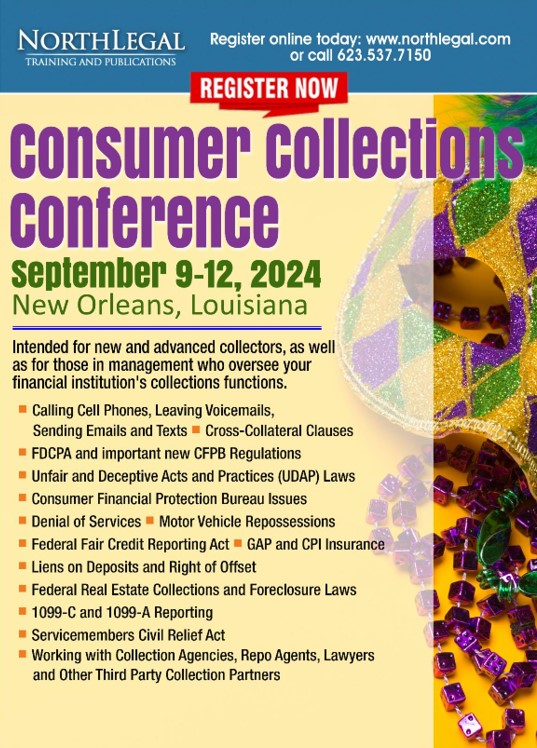
Participants must be employees of consumer lending institutions such as banks, credit unions or automobile finance lenders, or financial institution agents such as attorneys or collection agencies.
Topics Covered
A strict scheduled “agenda” is not available in advance of the program because the speaker believes participants benefit from the ability to cover some topics as they arise and to adjust the order in which other topics are covered. However, the following topics, among others, will be covered in detail during the three-and-a-half day conference:
» The Federal Fair Debt Collection Practices Act
- The federal Fair Debt Collection Practices Act and how it may affect even financial institutions who are not governed by it
- What the complex CFPB regulations require
- An overview of state debt collection practices laws
» “Unfair and Deceptive Acts and Practices” Laws
- The Federal Trade Commission Act
- The Consumer Financial Protection Act, and how the CFPB may use it to govern consumer financial institution collection efforts
» The Uniform Commercial Code and Motor Vehicle Repossessions
- Issues to consider before repossessing motor vehicles
- Allowable methods of repossession
- Allowing “cure” of a debt that is in default
- Selling repossessed motor vehicles
- Providing the repossession sale notice
- Providing notice after sale of the motor vehicle
- Issues that often lead to litigation
» Cross-Collateral Clauses
» Liens on Deposits and Right of Offset
» Federal Real Estate Collection and Foreclosure Laws
» The Federal Fair Credit Reporting Act
- General credit reporting responsibilities
- Duties in the event of credit disputes
- Reporting debts included in Chapter 7 and Chapter 13 bankruptcy
» The Servicemembers Civil Relief Act
- Who is automatically protected, who may ask for protection, and who is not protected at all by the SCRA
- Effect of the interest rate reduction rule
- Repossession and litigation
» The Effect of the Military Lending Act on Collections
- Who is protected, when do they stop being protected, and how can you verify protected status?
- What is the effect of the MLA on liens on deposits?
- Does the MLA prohibit you from accepting payments by remote check authorized by the borrower?
» Collecting Decedents’ Accounts
- Who is responsible for payment?
- Who may you contact and what can you say?
- What happens to the collateral?
» 1099-C and 1099-A Reporting
- Exactly when should a 1099-C be filed?
- How does a 1099-C compare to a 1099-A, and when should only one be filed?
- Who receives a copy of a 1099-C?
- What is the penalty for failing to comply with 1099-C reporting?
- May the debt be collected even after a 1099-C has been filed?
- What should be done if payment is received after a 1099-C has been filed?
» Working with Collection Agents, Repo Agents, Lawyers and Other Business Partners
- Choosing good business partners
- Contractual issues to consider
- Risks, and how to protect your financial institution
Course Materials
At the conference, each participant will receive extensive handout materials that outline, discuss, and analyze collection law as it pertains to consumer lending. Although these course materials are not intended to serve as a “stand alone book” (in fact, they are not sold to those who do not attend the conference), many conference participants have told us they use the course materials as a reference guide to assist them in handling cases throughout the year.

Speakers
The primary speaker for the conference is Eric North. Eric is a practicing attorney who has devoted his legal practice to representing the interests of consumer lending institutions for more than thirty years.
Prior to beginning the practice of law, Eric worked within various financial institutions in lending, collections, and operations departments, and managed several of those institutions. This experience allows Eric to bring practical, as well as “legal” information to those who attend his programs.
In addition to practicing law, Eric dedicates a significant portion of his time each year to the training of hundreds of consumer credit professionals throughout the United States through local programs presented on behalf of state and national trade associations, through monthly NorthLegal Webinars, and through the annual NorthLegal Advanced Bankruptcy Conference and this NorthLegal Consumer Collections Conference.
It is anticipated there may be one or more guest speakers at the conference, although that is not for certain. Further information will be posted here as it becomes available.

Consumer Collections Training in New Orleans – Consumer Collections Training in New Orleans – Consumer Collections Training in New Orleans – – Consumer Collections Training in New Orleans
Consumer Collections Training in New Orleans – Credit Union Collections – Credit Union Collectors – Delinquency – Fair Debt Collection Practices Act – FDCPA – Northlegal – Northlegal




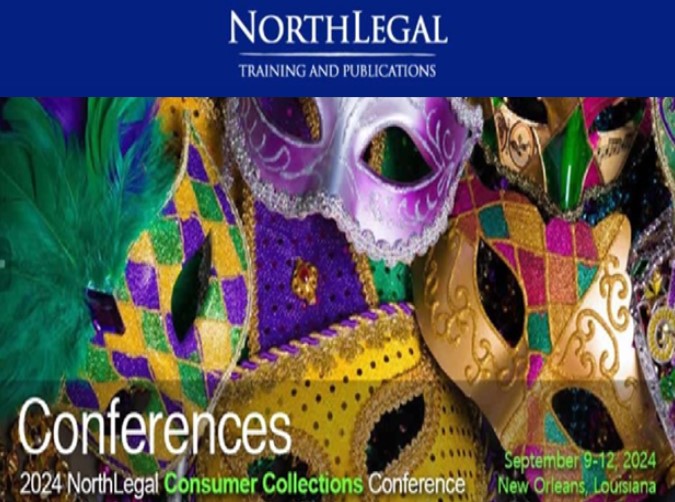

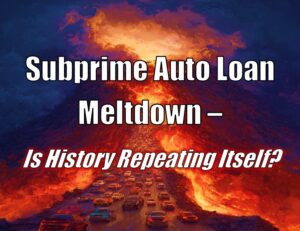
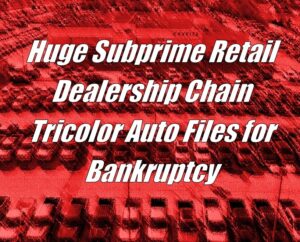
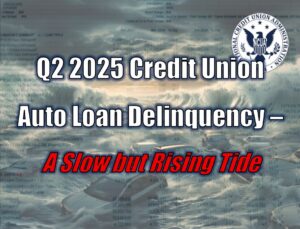
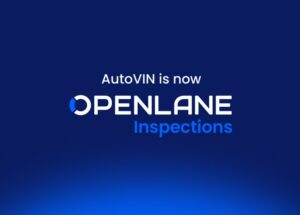



Facebook Comments